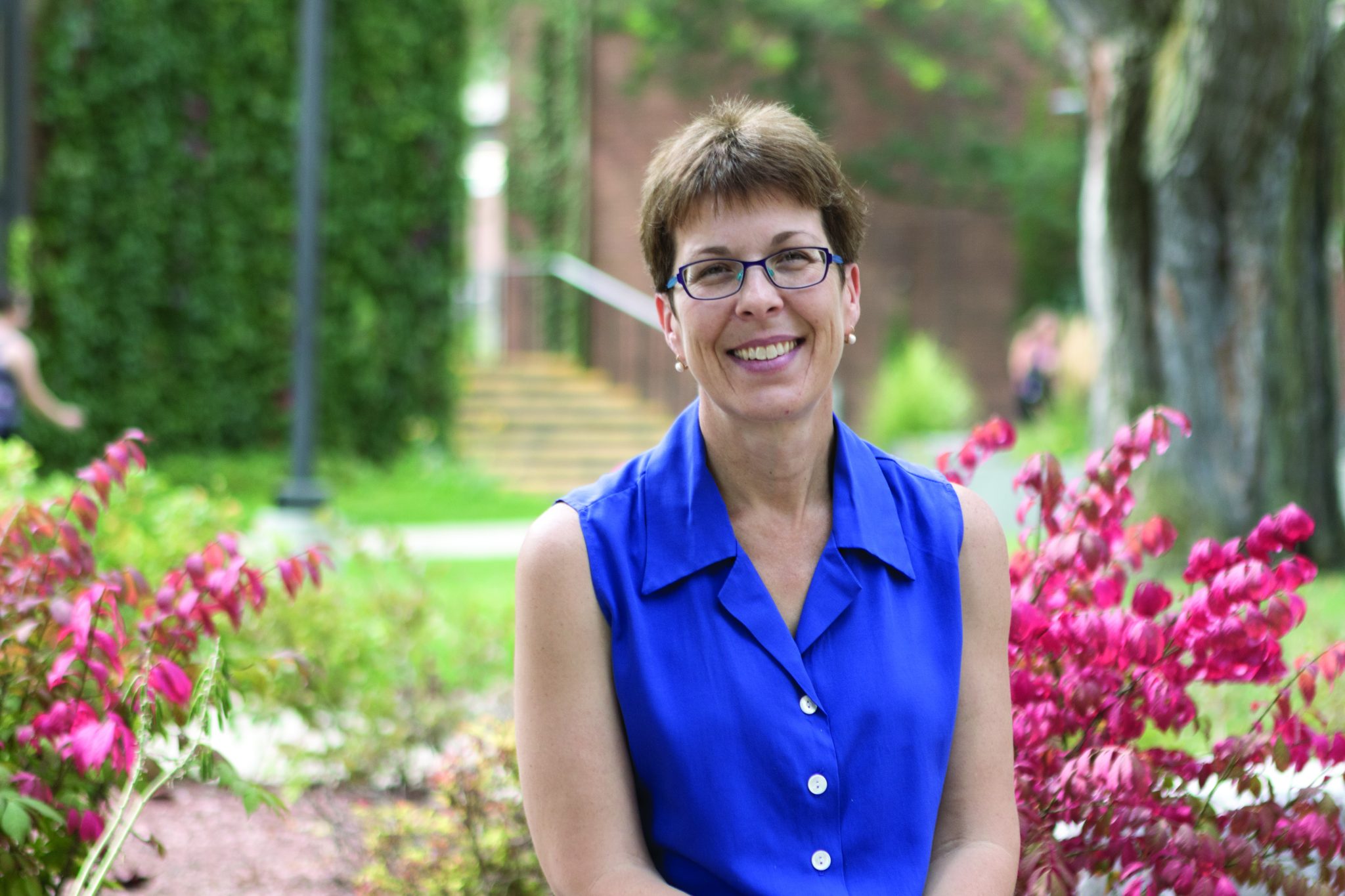Laurier professor joins national research group to analyze paramedic well-being and mental health


Renée MacPhee, associate professor for Wilfrid Laurier University’s department of kinesiology and physical education, recently joined a national network that will be exploring and uncovering critical information regarding Canada’s public safety personnel.
Individuals working the various sectors of public safety, such as correctional officers, dispatchers, firefighters, paramedics and police officers, dedicate their every day to helping Canadians. However, this line of work involves high levels of stress and — often — trauma.
In response to a federal government public safety report, the Canadian Institute for Public Safety Research and Treatments (CIPSRT) was launched in July 2017 based out of the University of Regina.
CIPSRT works to make a positive impact on the mental health of Canada’s public safety personnel by bringing together leading stakeholders and researchers.
MacPhee, one of approximately 38,000 individuals in Canada who is a part of CIPSRT, is also an associate director for the group in addition to being a leader for the organization’s work on paramedics.
“Our primary goal is to try to identify what the mental health issues are among all public safety personnel … The idea of the research is to try to clarify and identity what mental health concerns do exist for public safety personnel and the direction in terms of where were need to go,” MacPhee said.
“They see horrific things on a regular basis and I think as researchers we have an obligation to improve their lives and we need to provide them with whatever they need to continue doing their job and to do it from a healthy standpoint.”
“They see horrific things on a regular basis and I think as researchers we have an obligation to improve their lives and we need to provide them with whatever they need to continue doing their job and to do it from a healthy standpoint.”
For MacPhee, however, her interest regarding the subject of paramedic mental health started over 25 years ago when she was worked at the emergency department at St. Mary’s General Hospital in Kitchener.
“I started to take a pretty significant interest in things that were effecting [paramedics], seeing the challenges and learning about their job and the things that they see on a day-to-day basis,” MacPhee said.
Approximately a year ago, MacPhee, alongside a colleague from the University of Waterloo, launched a national survey called the Canadian Paramedic Health Involvement Survey.
“In that survey we wanted to try and identify the mental health issues that [paramedics] were facing and also the physical side of the equation,” MacPhee said.
Ensuing the survey, which was sent out to paramedics across the entirety of Canada, MacPhee and her colleague conducted physical fitness assessments and focus group interviews in addition to the information they received from the surveys.
Through their research, MacPhee explained, there were various challenges that were identified that could directly effect a paramedic’s well-being and mental health.
Some of the main challenges included the ever-increasing call volume that paramedics respond to on a daily basis. As a result, many paramedics have very little down time during their shifts and may also miss a lot of their meals and breaks.
“You can’t work 12 hours and not eat or not have an opportunity just to gather your thoughts for a few minutes,” MacPhee said.
In addition, another prevalent challenge presented to paramedics is the long off-load waiting time. Off-load occurs when an ambulance arrives at a hospital and there’s nowhere for the paramedics to transfer the patient. Thus, paramedics are required to stay with a patient until room becomes available.
Off-load delays can last anywhere from 90 minutes to a few hours, preventing the paramedic crew from responding to other calls throughout that community, thus, causing stress to those paramedics.
“These are people who have dedicated their lives to looking after people,” MacPhee said.
“They see horrific things on a regular basis and I think as researchers we have an obligation to improve their lives and we need to provide them with whatever they need to continue doing their job and to do it from a healthy standpoint.”


